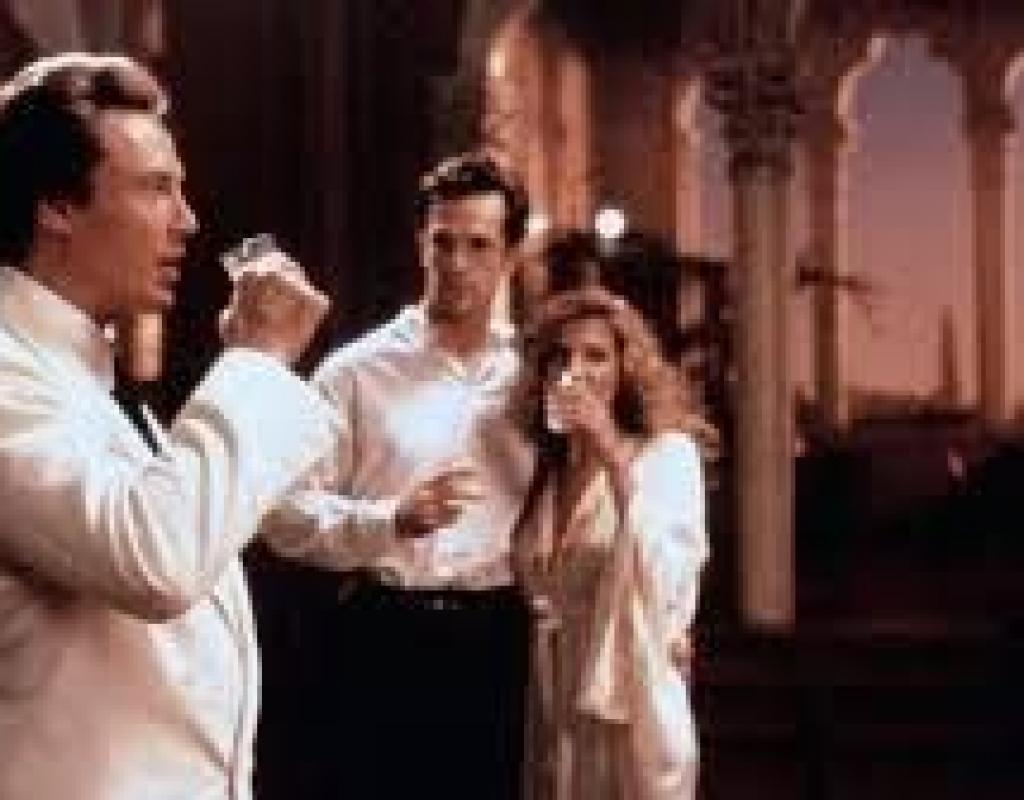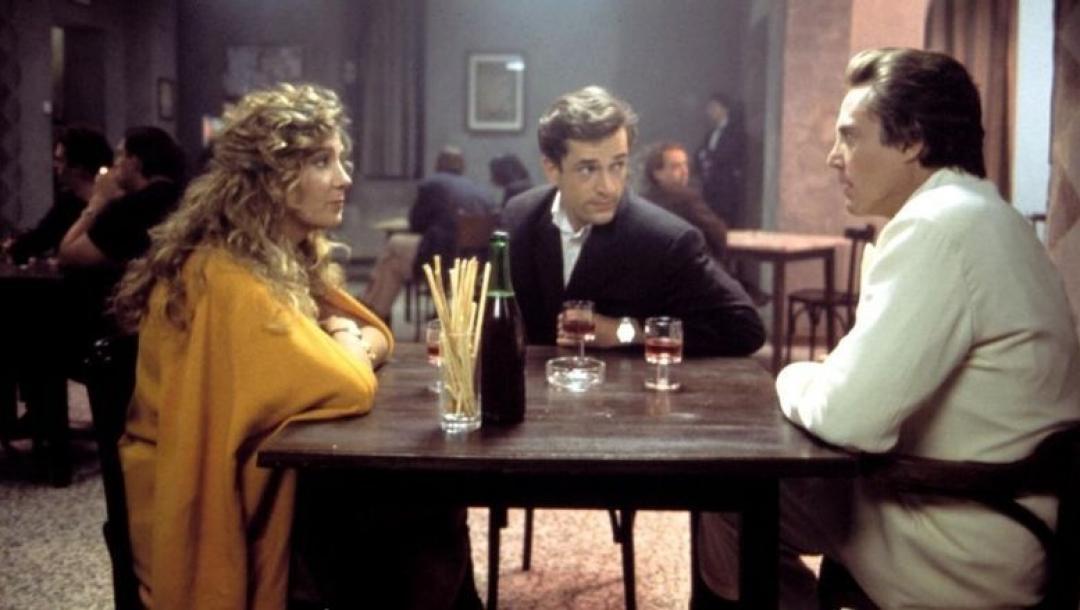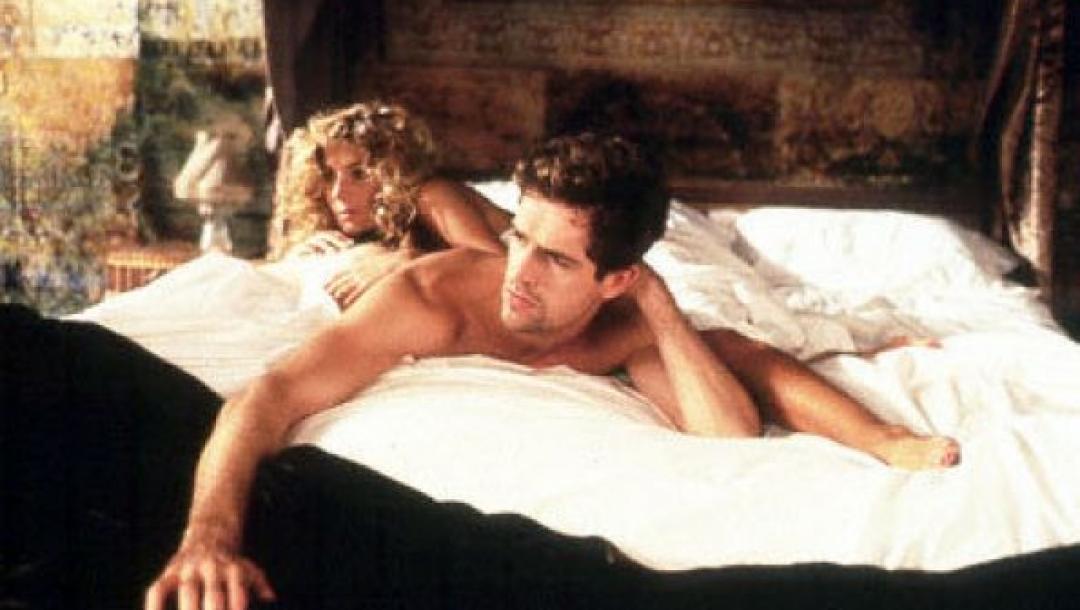See the trailer

UNITED STATES , Italy , England | 107 minutes | 1990
A couple vacationing in Venice are seduced by a tall charming man and his wife who share a penchant for malevolence and extreme sexuality.
A film critic, writer and director, Paul Schrader has always been a fascinatingly unusual figure in American film, known for his dark explorations of human nature. What makes "Comfort" even more fascinating is that along with Schrader's evocative, quasi-mystical directing style, the additional unease atmosphere of created through dialogue familiar to its screenwriter, legendary playwright Harold Pinter. The perfect cast in this audacious work includes Helen Mirren, Natasha Richardson and Rupert Everett but it is Christopher Walken who dominates with his directness and brutality.
In collaboration with Cinéma Moderne and Cinéclub de Montréal (CFS)
Director Paul Schrader will be present
Programs
Thursday October 11, 2018
Program #193Cinéma Moderne

Paul Schrader
Although his name is often linked to that of the "movie brat" generation (Steven Spielberg, Martin Scorsese, Francis Ford Coppola, George Lucas, Brian De Palma, etc.) Paul Schrader's background couldn't have been more different than theirs. His strict Calvinist parents refused to allow him to see a film until he was 18. Although he more than made up for lost time when studying at Calvin College, Columbia University and UCLA's graduate film program, his influences were far removed from those of his contemporaries--Robert Bresson, Yasujirô Ozu and Carl Theodor Dreyer (about whom he wrote a book, "Transcendental Style in Film") rather than Saturday-morning serials. After a period as a film critic (and protégé of Pauline Kael), he began writing screenplays, hitting the jackpot when he and his brother, Leonard Schrader (a Japanese expert), were paid the then-record sum of $325,000, thus establishing his reputation as one of Hollywood's top screenwriters, which was consolidated when Martin Scorsese filmed Schrader's script Taxi Driver (1976), written in the early 1970s during a bout of drinking and depression. The success of the film allowed Schrader to start directing his own films, which have been notable for their willingness to take stylistic and thematic risks while still working squarely within the Hollywood system. The most original of his films (which he and many others regard as his best) was the Japanese co-production Mishima: A Life in Four Chapters (1985).
distribution and credits
- Screenplay Harold Pinter
- Cast Christopher Walken, Helen Mirren, Natasha Richardson
recommended movies
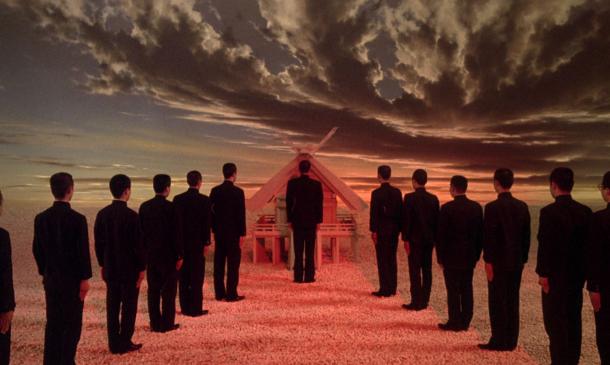
HISTOIRE(S) DU CINÉMA
MISHIMA
O.V.
Japanese | st English
Starting on the fateful day of the failed coup d'état that led to the Japanese author’s suicide, this biographical story employs a multi-tracked...
UNITED STATES | 107 minutes | 1985

HISTOIRE(S) DU CINÉMA
Fantasies
O.V.
- Without dialogue
Warmth in the foreground, in the shadow of ice. An homage to the fantastic, provided by others in art and life.
UNITED STATES | 107 minutes | 2017
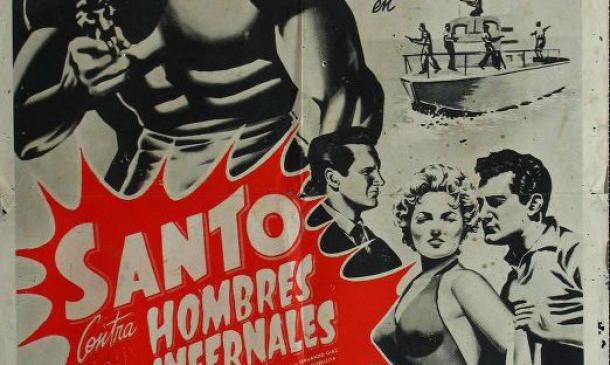
HISTOIRE(S) DU CINÉMA
SANTO VS INFERNAL MEN
O.V.
Spanish | st English
El Santo films maintain a firm foothold in the pantheon of international cult films. Shot at the same time as Santo vs Evil Brain, this second film...
MEXICO , Cuba | 107 minutes | 1959

